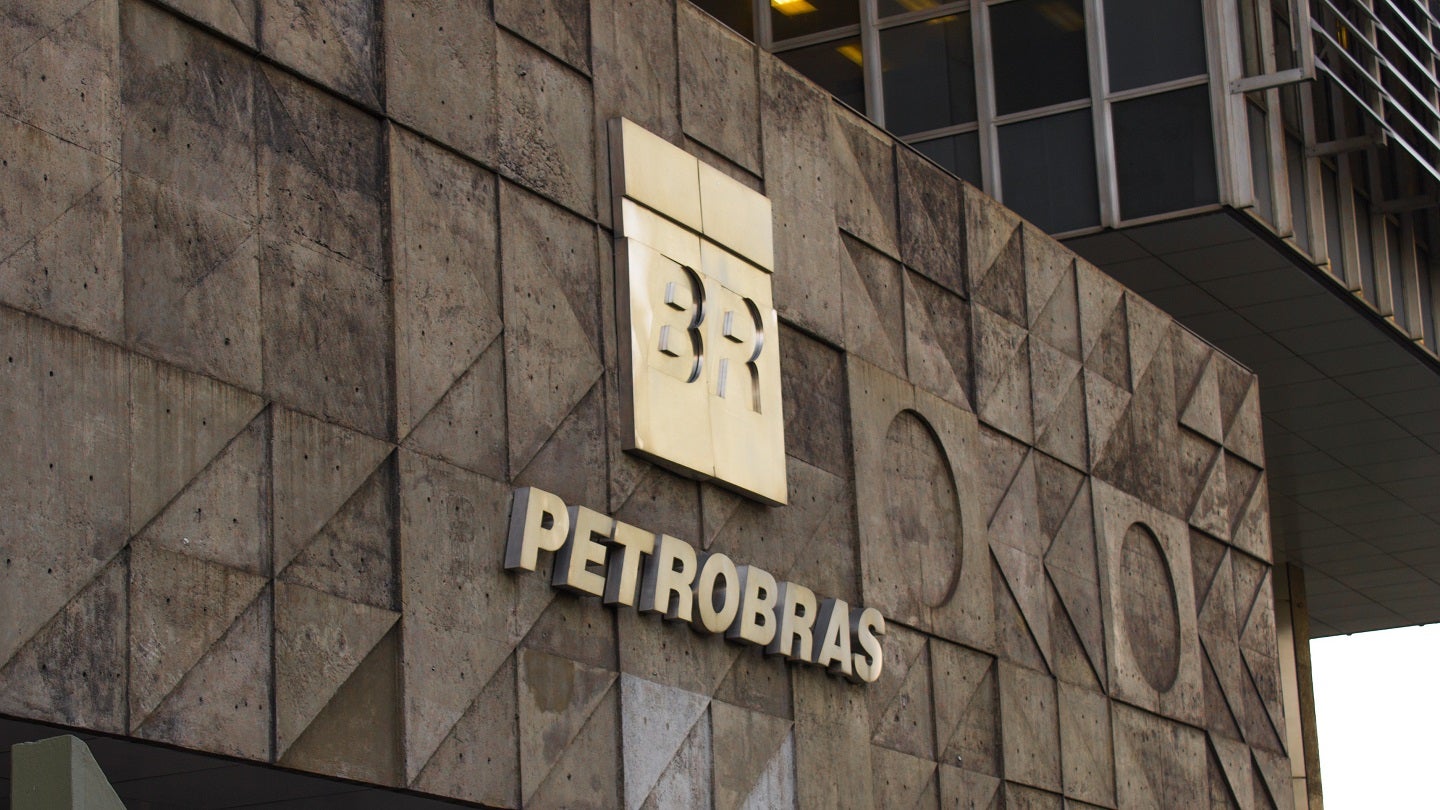
Petrobras has announced the acquisition of stakes in three exploration blocks in São Tomé and Príncipe, an African island nation, for an undisclosed sum.
The Brazilian state-owned oil and gas company acquired a 45% stake in blocks 10 and 13 and a 25% stake in block 11.

Discover B2B Marketing That Performs
Combine business intelligence and editorial excellence to reach engaged professionals across 36 leading media platforms.
With a 40% stake, UK-based oil and gas major Shell is the operator in all the blocks and the National Petroleum Agency of São Tomé and Príncipe (ANP-STP) owns a 15% stake.
Besides Shell, ANP-STP and Petrobras, Portuguese energy company Galp, with a 20% stake, is also a partner in block 11.
The acquisition follows the approval by the Petrobras board to commence operations in the nation on the western coast of the African continent, marking Petrobras’ return to exploratory activities in Africa.
This acquisition is part of the memorandum of understanding (MoU) signed in March 2023 by Petrobras and Shell CEOs, Jean-Paul Prates and Wael Sawan, respectively.

US Tariffs are shifting - will you react or anticipate?
Don’t let policy changes catch you off guard. Stay proactive with real-time data and expert analysis.
By GlobalDataUnder the MoU, the energy companies aim to explore new business opportunities in the upstream segment, among others.
Petrobras said this strategic move is part of the company’s long-term strategy to rebuild oil and gas reserves by exploring new frontiers and fostering partnerships.
The deal is subject to local regulatory approvals.
Earlier this month, Petrobras acquired 29 blocks in the Pelotas Basin as part of Brazil’s latest auction.
Out of the 29 blocks, Petrobras acquired 26 with Shell (30%) as the only partner and three in collaboration with China National Offshore Oil Corporation (20%) and Shell (30%).
At the time, Prates said: “New frontiers, such as the blocks acquired today, are essential for energy demand to be met.
“For this reason, we seek to replenish reserves and develop new exploratory frontiers that ensure that we meet energy demand during the energy transition with the lowest possible carbon footprint.”



